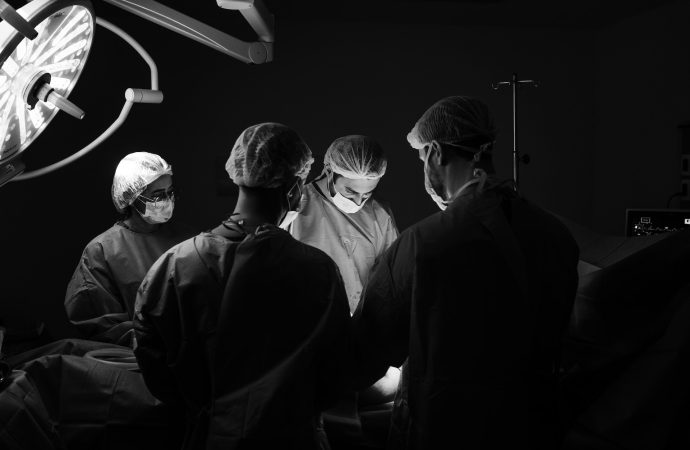Lens surgery, such as cataract surgery or refractive lens exchange, is a common and effective procedure for improving vision and addressing various eye conditions. The success rates for lens surgery are generally high, and the outcomes depend on several factors. Here are some key points regarding success rates for lens surgery: Vision Improvement: Lens surgery
Lens surgery, such as cataract surgery or refractive lens exchange, is a common and effective procedure for improving vision and addressing various eye conditions. The success rates for lens surgery are generally high, and the outcomes depend on several factors. Here are some key points regarding success rates for lens surgery:
- Vision Improvement: Lens surgery aims to improve vision by replacing the natural lens of the eye with an artificial intraocular lens (IOL). The primary goal is to enhance visual acuity and reduce dependence on glasses or contact lenses. In most cases, lens surgery results in significant vision improvement.
- Cataract Surgery Success: Cataract surgery is performed to remove a cloudy lens (cataract) and replace it with an IOL. The success rate for cataract surgery is very high, with most patients experiencing improved vision and a restoration of clarity. According to the American Society of Cataract and Refractive Surgery (ASCRS), over 98% of cataract surgeries result in improved vision.
- Refractive Lens Exchange (RLE) Success: Refractive lens exchange is a type of lens surgery performed to correct refractive errors such as nearsightedness, farsightedness, or astigmatism. The success rate of RLE depends on several factors, including the patient’s eye health, the accuracy of lens power calculation, and the selection of an appropriate IOL. Overall, RLE has a high success rate, and the majority of patients achieve improved vision without the need for glasses or contacts.
- Individual Variations: It’s important to note that individual factors can influence the success of lens surgery. Factors such as the patient’s overall eye health, presence of other eye conditions, pre-existing medical conditions, and adherence to post-operative care instructions can impact the outcome of the surgery.
- Risks and Complications: While lens surgery is generally safe and successful, it is not without risks. Potential complications include infection, inflammation, increased intraocular pressure, retinal detachment, or visual disturbances. However, serious complications are relatively rare.
- Consultation with an Ophthalmologist: To determine the suitability of lens surgery and to obtain accurate success rate information, it is crucial to consult with an experienced ophthalmologist or eye surgeon. They will assess your specific eye condition, discuss the potential benefits and risks, and provide personalized recommendations based on your individual circumstances.
It’s important to have realistic expectations regarding the outcomes of lens surgery. While success rates are generally high, the specific results can vary depending on individual factors. Your eye care professional will guide you through the process, address any concerns you may have, and provide the most accurate information regarding the success rates for lens surgery in your particular case.

















Leave a Comment
Your email address will not be published. Required fields are marked with *